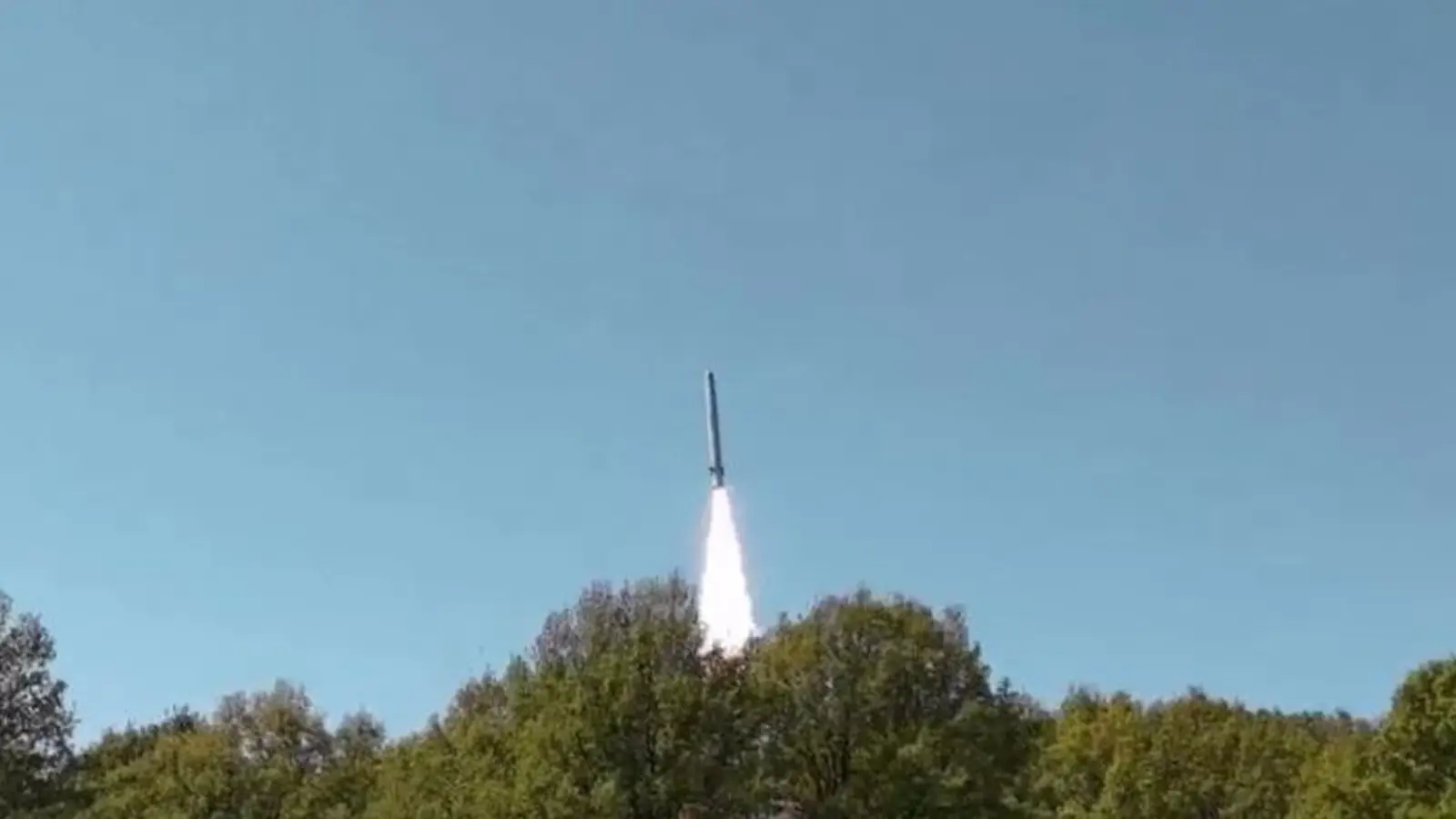Burevestnik Nuclear-Powered Missile Seen as a Strategic Game-Changer


The Russian Burevestnik missile with a nuclear propulsion system challenges NATO air defenses, offering unlimited range and unpredictable strike directions.
The Russian-built Burevestnik cruise missile, equipped with a nuclear propulsion system, is described by analysts as a potential disruptor of the global strategic order. Its virtually unlimited range poses a serious challenge to NATO’s air defense networks, which appear largely powerless against such a threat.
According to Global Times, the missile’s core advantage lies in its nuclear engine, giving it extraordinary autonomy and making interception by conventional air defense systems far more difficult.
Military and political analyst Yakov Kedmi supported these assessments, stressing that the arrival of the Burevestnik fundamentally alters the strategic balance. He noted that, when combined with other advanced Russian strategic weapons, it creates a layered threat that is increasingly difficult to counter.
Kedmi added that Russia’s arsenal also includes other promising developments not yet disclosed publicly. He argued that integrating artificial intelligence into the Burevestnik system would significantly enhance its potential, allowing more precise control and coordination with other weapon systems. In his view, the addition of AI would make the missile even more effective within a comprehensive strike framework.
The analysis further highlighted that the missile’s greatest tactical strength is not speed, but unpredictability. The Burevestnik is capable of approaching targets from unexpected directions, bypassing heavily defended airspace and striking where the adversary least anticipates.